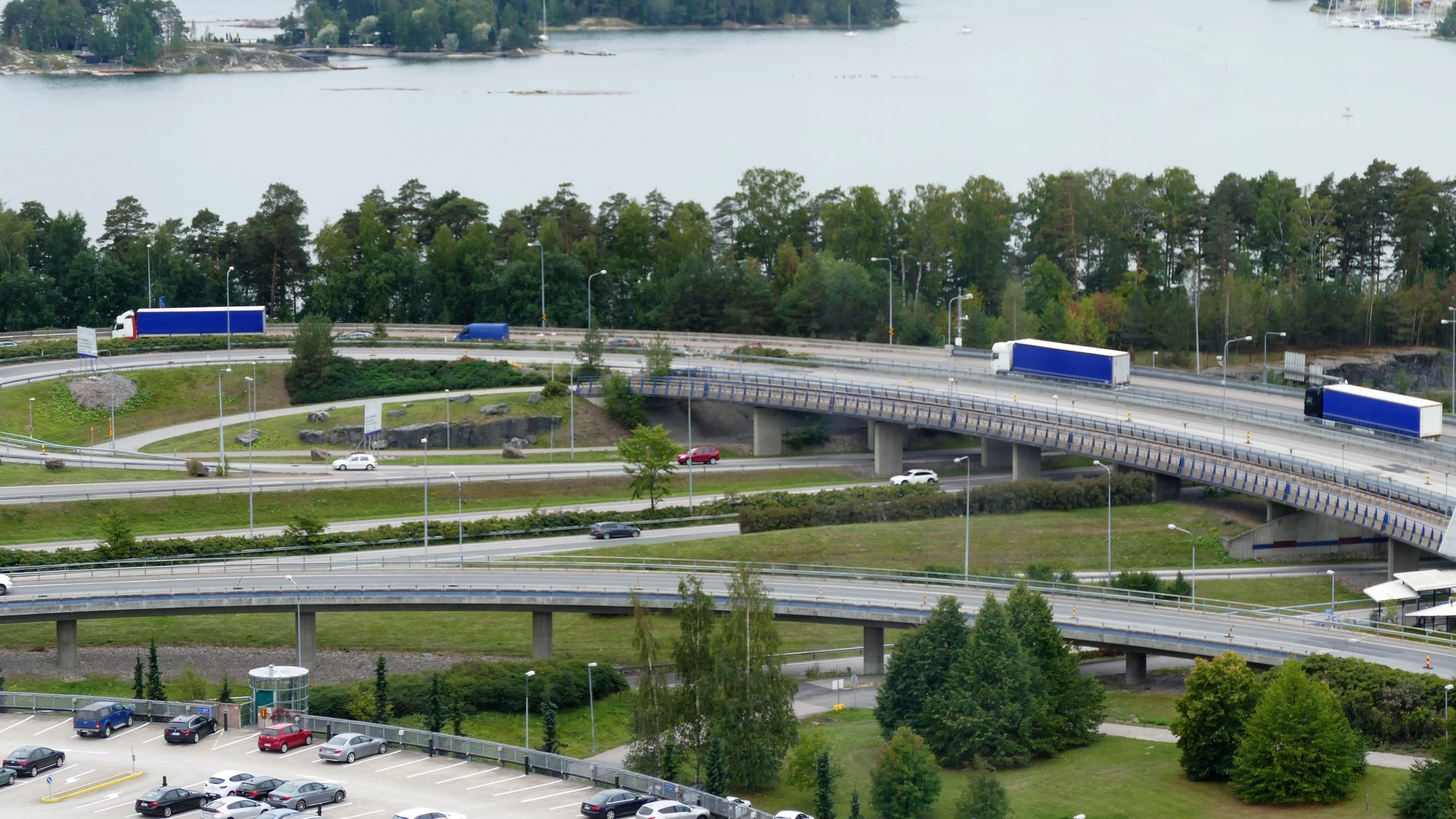The EU Parliament, Commission and Council of Ministers sat through one final night of negotiations and agreed at 6.30 am on Thursday 12 December. The new legislation must be formally approved by the Council and the Parliament. After that, the 28 EU member states have 18 months to include the changes in national legislation. The rules will also cover EEA countries, i.e. Norway, Iceland and Lichtenstein.
“The agreement means all those who run domestic transport companies in Sweden must offer Swedish wages and working conditions. If you are a permanent resident, you must register the truck and pay taxes in Sweden,” said Swedish MEP Johan Danielsson (S).
Three areas
The new rules will mainly cover three areas:
- Local wages must be paid both for domestic haulage within one country and for cabotage – when a truck arrives with goods from abroad and accepts a transport job within that country.
- Cabotage rules will also be tightened. After carrying out cabotage, the truck must stay within the country’s borders for four days. Every eight weeks the truck must be driven back to the country where it was registered.
- Foreign drivers face stricter rules for driving and resting times and must return to their home country every three weeks.
The European Transport Federation, ETF, welcomes the new mobility package. The Federation’s demand for the introduction of the latest generation of smart tachographs on all vehicles has been accepted. This will make it possible to control that the driving and rest time regulation is adhered to.
Light goods vehicles too
“We welcome the fact that light goods vehicles will be finally covered by the EU rules alongside the heavy-duty ones,” ETF says in a comment.
The regular return of vehicles to the country they belong also helps in the fight against letter-box companies setting up business in countries with less favourable wages, while the vehicles never actually operate there, believes the ETF.
The agreement on the mobility package does not mean all road haulage issues have been solved. Individual countries still decide which wage conditions should apply for transports that combine trucks with planes or sea transport.
Who is the employer?
Meanwhile, several court cases in national courts and in the EU Court of Justice have been brought to decide who should be considered to be the real employer.
In one case involving employees in the Cypriot company AFMB, which has agreements with several Dutch companies, the EU Court’s Advocate-General Court Priit Pikamäe has used the so-called “duck-test” to decide who really is the employer.
“If a bird walks like a duck, swims like a duck and quacks like a duck, I call that bird a duck.”
The question is which country’s pension rights should apply.
The advice from the EU Court’s Advocate-General is to look at what is really going on. Creative company structures should not be used to limit employees’ rights. Since the drivers never worked in Cyprus, the employer cannot be based there:
“If you walk like an employer, swim like an employer and quack like an employer, I call that an employer,” write the two Norwegian lawyers Dag Sørlie Lund and Juni Nyheim Solbrække from the Hjort law firm in an opinion piece on dn.no.
“Proposed decisions are not binding for the EU Court, but are often followed anyway. If the result is upheld, it will have consequences in Norway for what national pension system should cover the employees when they carry out work for Norwegian companies, while formally being employed by foreign companies,” the lawyers write.





